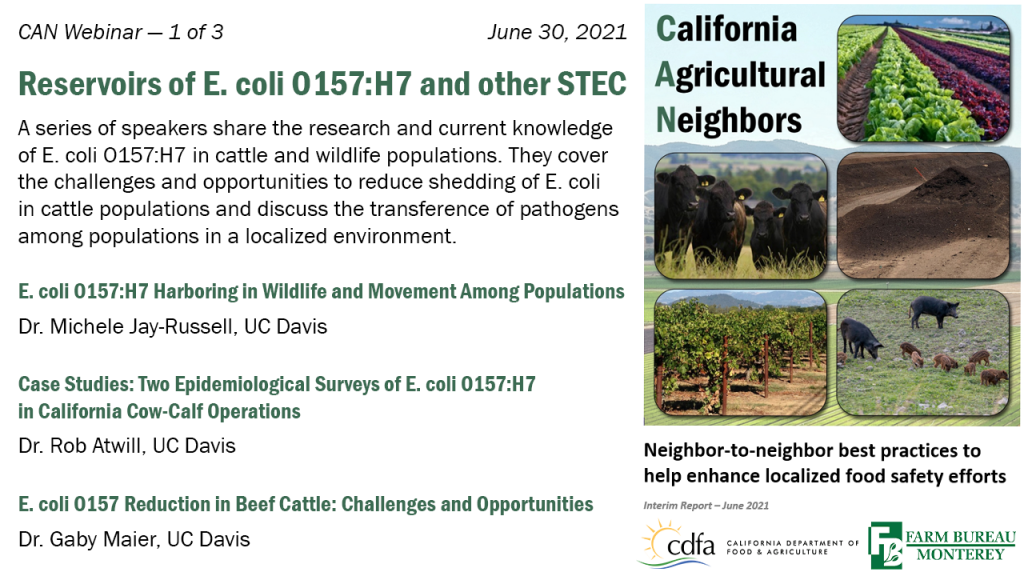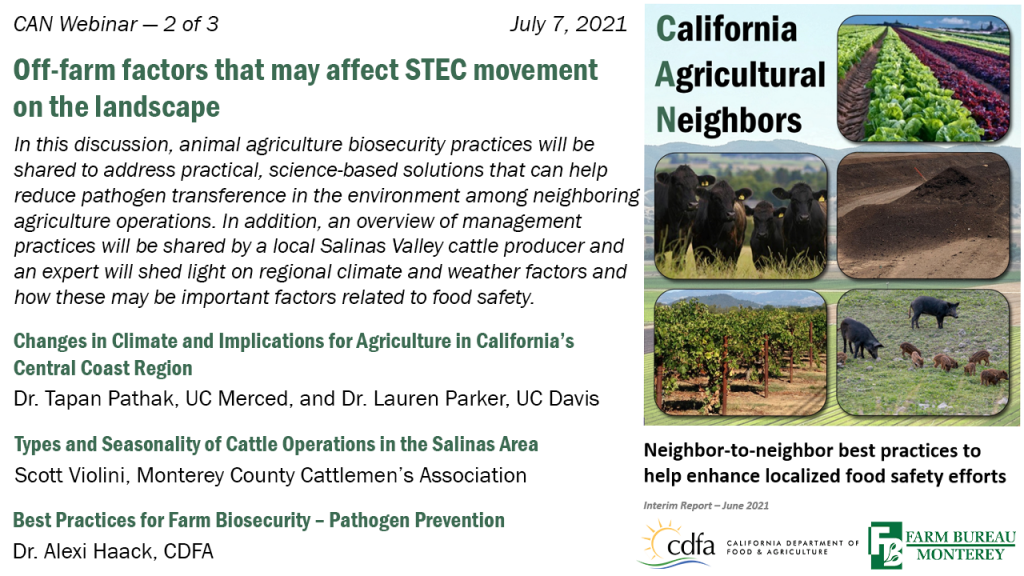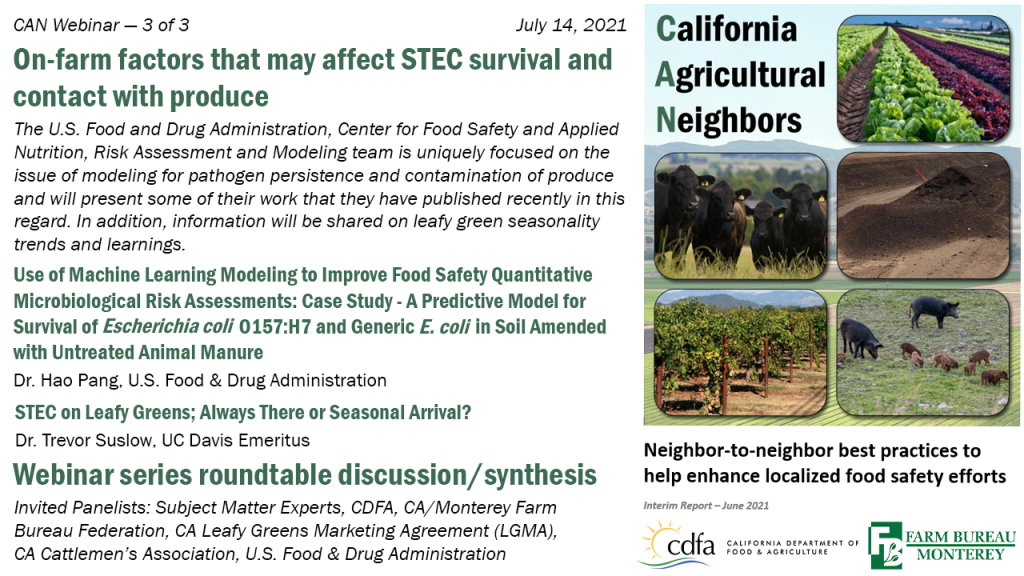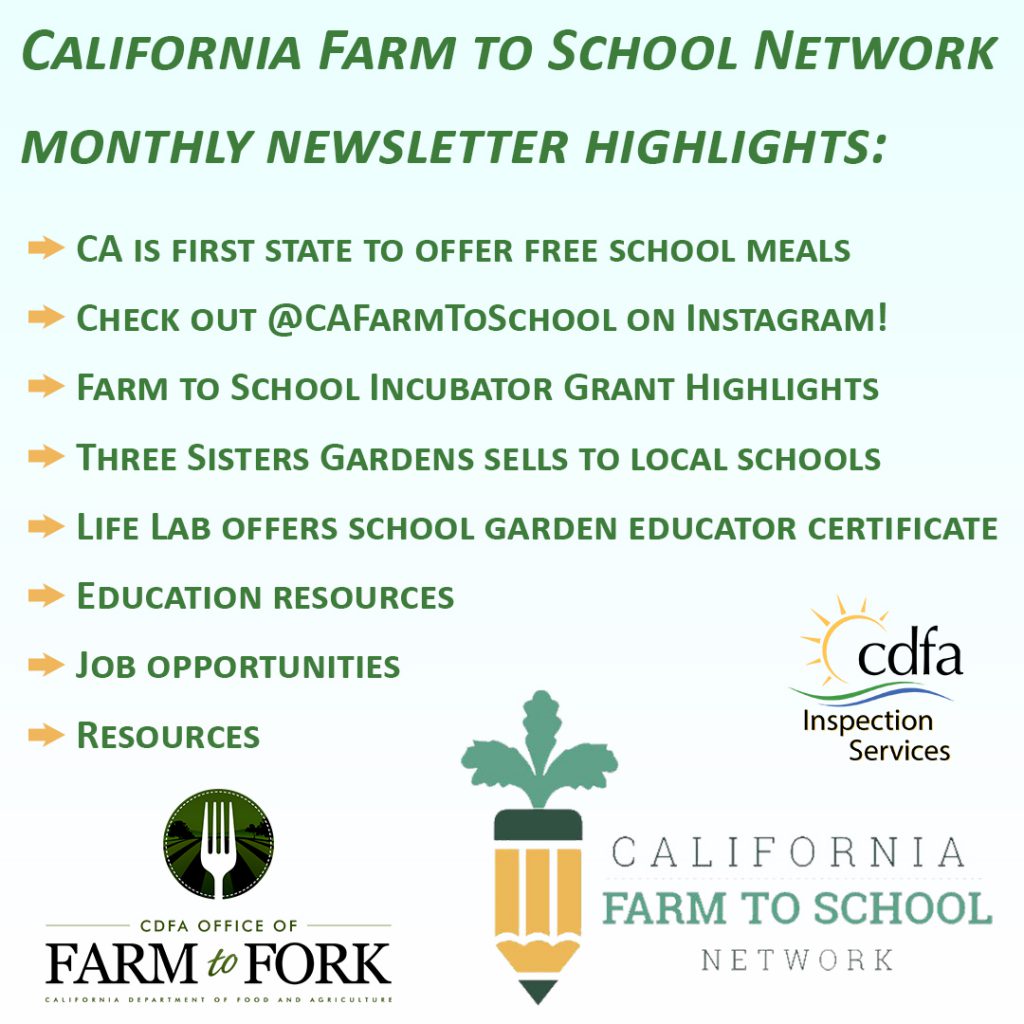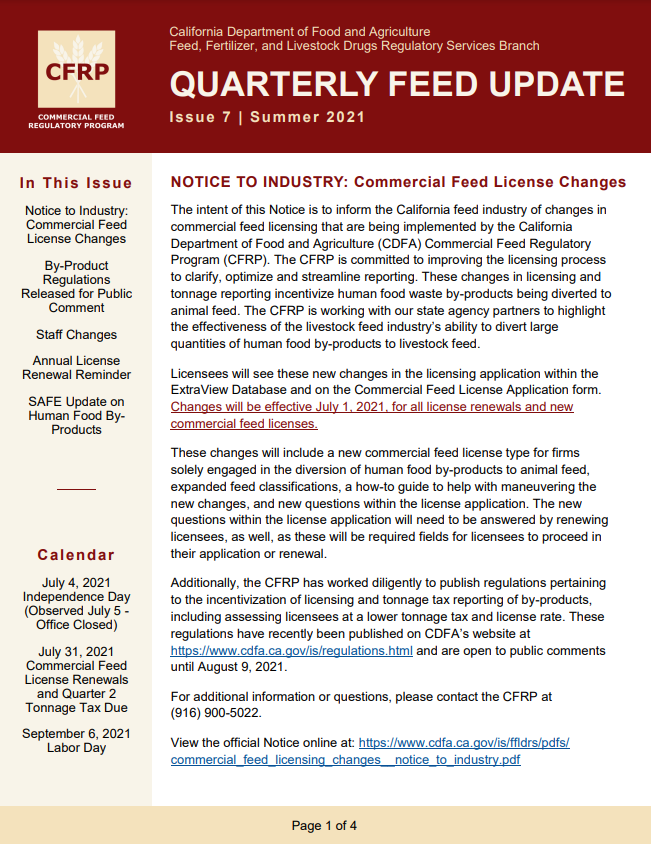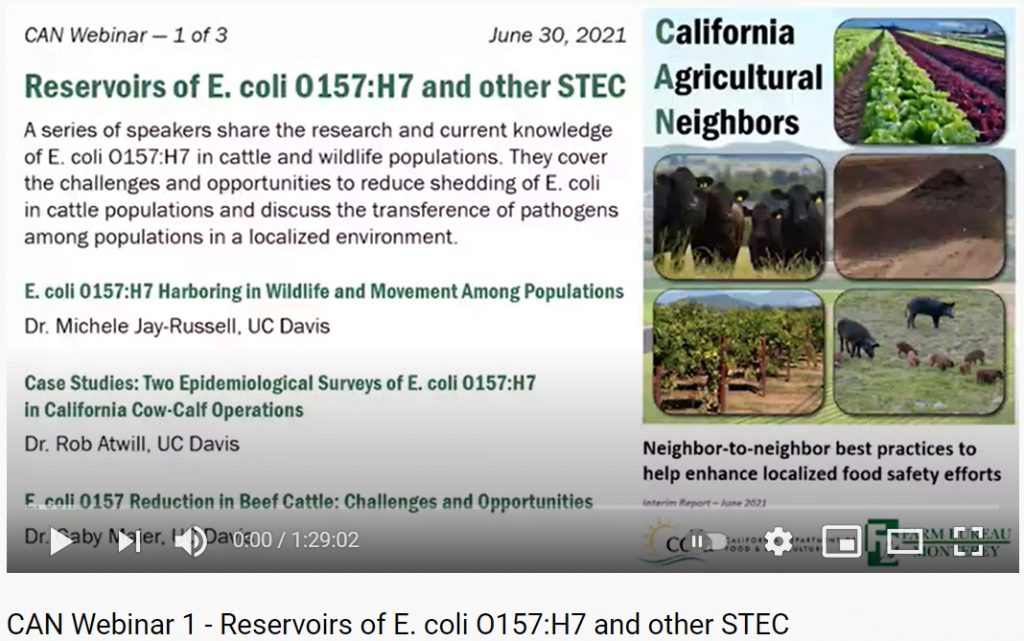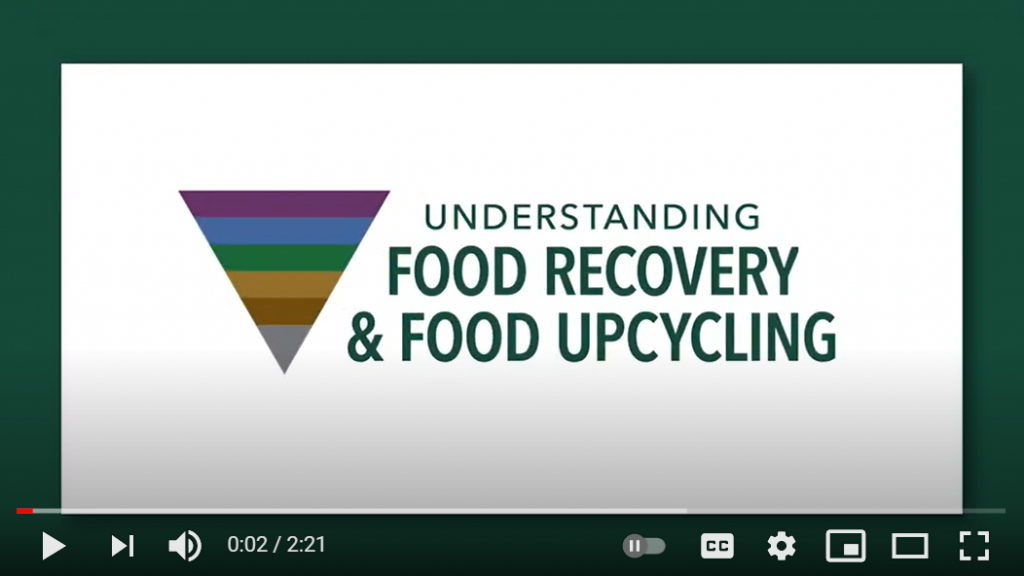Joint release by California Department of Food and Agriculture and California Department of Pesticide Regulation
The state is warning organic farmers against the use of pesticides labeled as W.O.W Whack Out Weeds! and EcoMight-Pro distributed by EcoMIGHT, as lab tests show that these products labeled as organic, natural and glyphosate-free do in fact contain potentially hazardous chemicals.
Today, the California Department of Pesticide Regulation (DPR) issued a notice to EcoMIGHT, LLC, a Florida-based company, that it may be in violation of state law by manufacturing, delivering or selling unregistered pesticide products in California. The California Department of Food and Agriculture (CDFA) issued a Stop Use Notice for organic growers about EcoMIGHT products. The United States Environmental Protection Agency (U.S. EPA) also notified EcoMIGHT that it may be in violation of federal law.
EcoMIGHT currently markets its products as “organic,” “natural,” “glyphosate-free,” and “non-toxic and safe.” However, state laboratory analyses of W.O.W. Whack Out Weeds! and EcoMight-Pro products sold in California found that the products tested contain potentially hazardous chemicals including glyphosate, bifenthrin, permethrin, cypermethrin, and carbaryl. California registered pesticides that contain these chemicals go through scientific review and have specific requirements for use and personal protective equipment that protect workers, communities and the environment from harmful pesticide exposure. W.O.W Whack Out Weeds! and EcoMight-Pro do not contain these safety instructions.
The synthetic chemical compounds CDFA laboratory analysis found in W.O.W. Whack Out Weeds! and EcoMight-Pro products are prohibited for use in organic production by the U.S. Department of Agriculture’s National Organic Program. Additionally, these products pose a public health risk because the products were found to contain hazardous chemicals not disclosed on their labels.
“It is imperative that we alert California organic growers that these EcoMIGHT products contain substances that are prohibited in organic production, in order to preserve the integrity of the California organic label and to protect our growers,” said CDFA Secretary Karen Ross.
Read CDFA’s Stop Use Notice.



